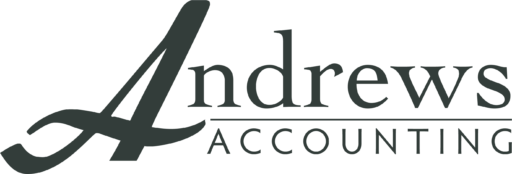Big Beautiful Bill Business Tax Effects Far-Ranging
The Big Beautiful Bill business tax effects are significant. Congress established some new tax provisions, renewed some older ones, and made permanent some that were about to expire. Officially titled the One Big Beautiful Bill Act, the OBBBA represents a massive change to the tax code. This time out, we’ll touch on provisions that primarily effect businesses, both small and large.
QBI Deduction, aka Section 199
Good news for small businesses and the self-employed: Section 199, which lets owners deduct 20 percent of their qualified business income from their overall income, is now permanent. The corporate tax rates remain at their lower post-2017 levels, and Section 199 is an attempt to give self-employed business owners a lower rate as well.
Expensing Big Purchases – Section 179 & Bonus Depreciation
The OBBBA makes permanent two very popular tax provisions allowing businesses to expense big equipment purchases rather than depreciate them over time. Section 179 allows companies to deduct 100 percent of the purchase price of business equipment, including cars (up to certain limits). If Section 179 doesn’t cover the full purchase price (or apply) Bonus Depreciation allows you to accelerate depreciation, letting you deduct the full cost of qualified property within the first year. This includes vehicles used for business (watch for a future blog post on this).
These provisions apply to used equipment, as well, as long as it wasn’t used by you.
Changes in 1099s
Businesses issue different 1099 forms to record income, or in some cases, expenses. Here are changes in some of the 1099 forms that lessen the paperwork load on businesses.
- 1099-K
Third party payment networks (like PayPal) issue 1099-K forms to show total payments to a business through their networks. The threshold for sending one was set to lower to $600, but the OBBBA requires networks to issue a 1099-K only if totals exceed $20,000 and 200 transactions. - 1099-NEC
Businesses that use independent contractors may have to issue them a 1099-NEC. Previously, if a company paid a contractor more than $600, they had to issue a 1099-NEC. Now that threshold has risen to $2,000. Starting in 2026, the threshold is indexed for inflation. - 1099-MISC
Non-employee income from things like rents, prizes and royalties also saw the requirement threshold rise from $600 to $2,000.
Research & Development Costs
The OBBBA returns the ability to immediately deduct the costs of United States-based research and experiments. Small businesses with revenue of $30 million or less may retroactively apply this change to expenditures made after December 31, 2021.
Business Interest Expense
The OBBA restores a method to calculate business interest expense to one used between 2017 and 2022. The change can mean potentially higher interest deductions.
Other Big Beautiful Bill Business Tax Effects
There are many other tax effects, such as treating spaceports like airports when it comes to exempt-facility bond rules! Ask your friendly neighborhood accountant if there is an obscure tax provision that might apply to you.
Links
The Congressional Budget Office predicts the OBBBA will significantly increase the budget deficit.
Lastly, you can learn more about our services here!


Trackbacks/Pingbacks